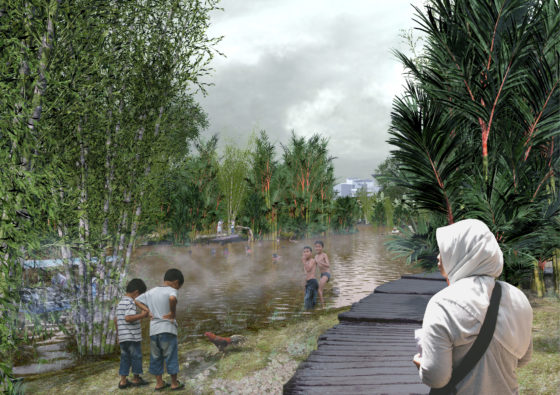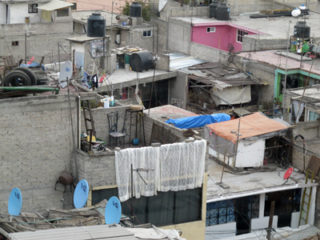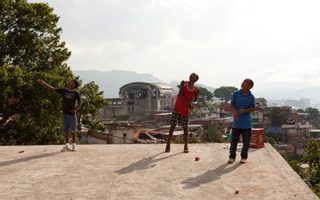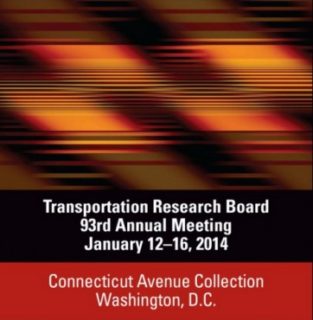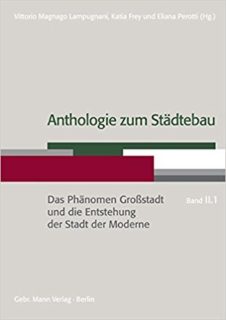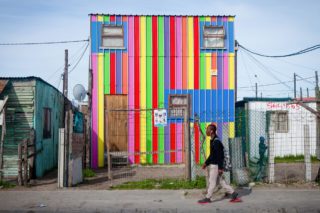Geschätzte Leserinnen und Leser
Der Blickwinkel auf informelle Siedlungen als auszumerzendes Provisorium hat sich verschoben. Nutzbringender, sozialer und nachhaltiger ist es für die Bewohnerinnen und Bewohner, deren Wohnraum als Stadtteil anzuerkennen. Konkret geschieht dies am Flussufer des Ciliwung in Jakarta und als Alternative zu einem staatlichen Wohnungsbauprogramm in Brasilien. Die Lehrstühle des NSL rufen zu einer Sichtweise auf, die der Komplexität des Themas gerecht wird.
